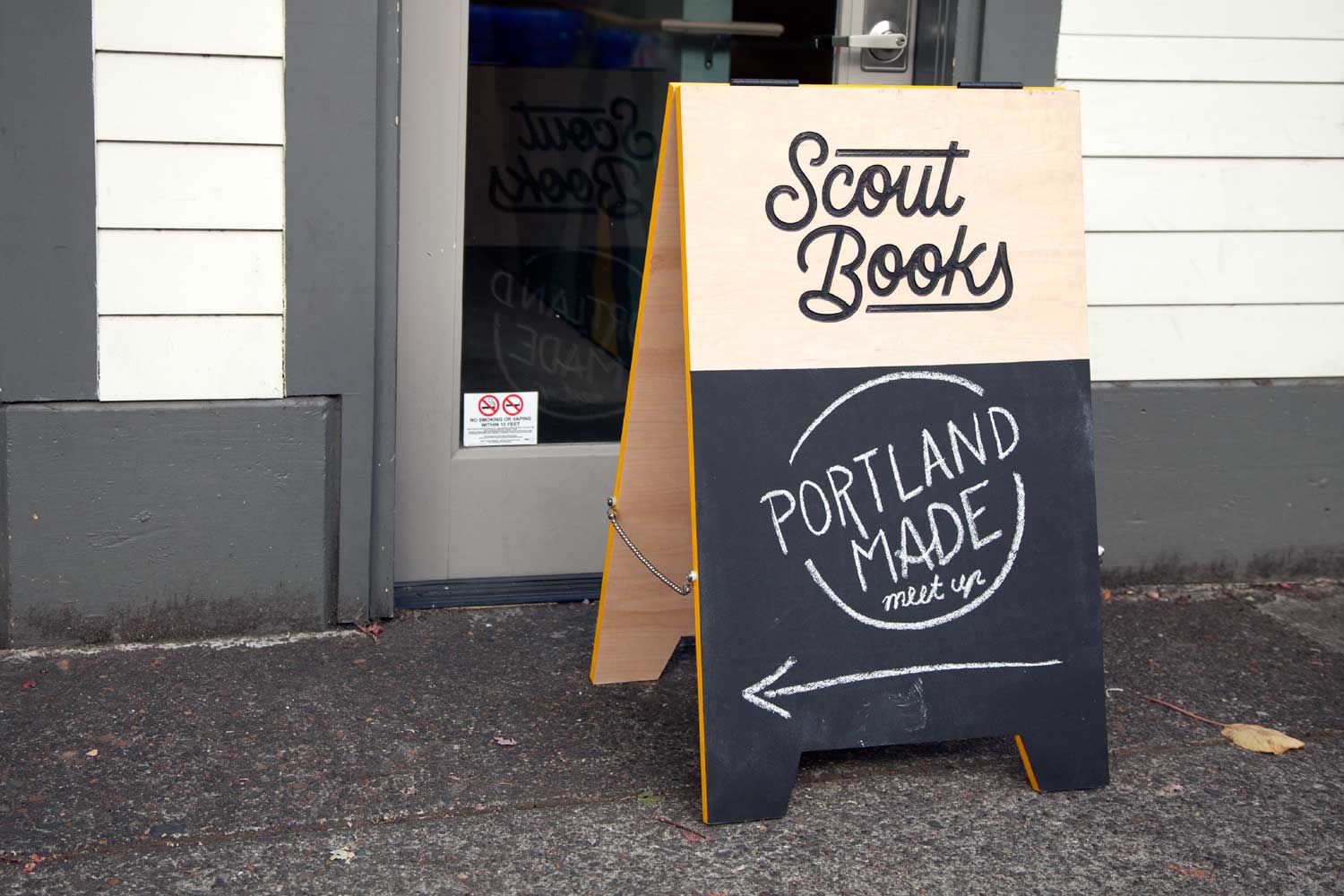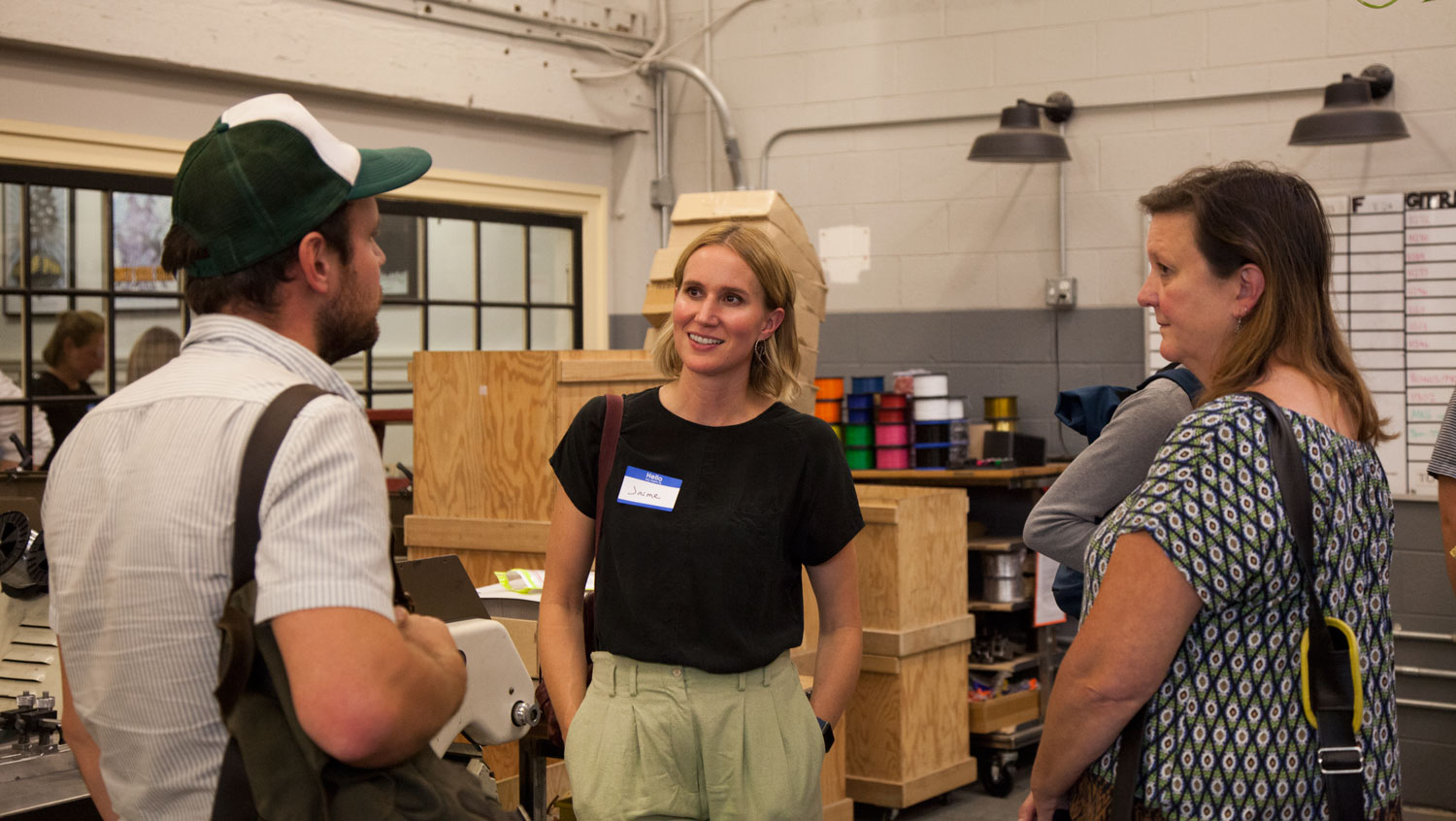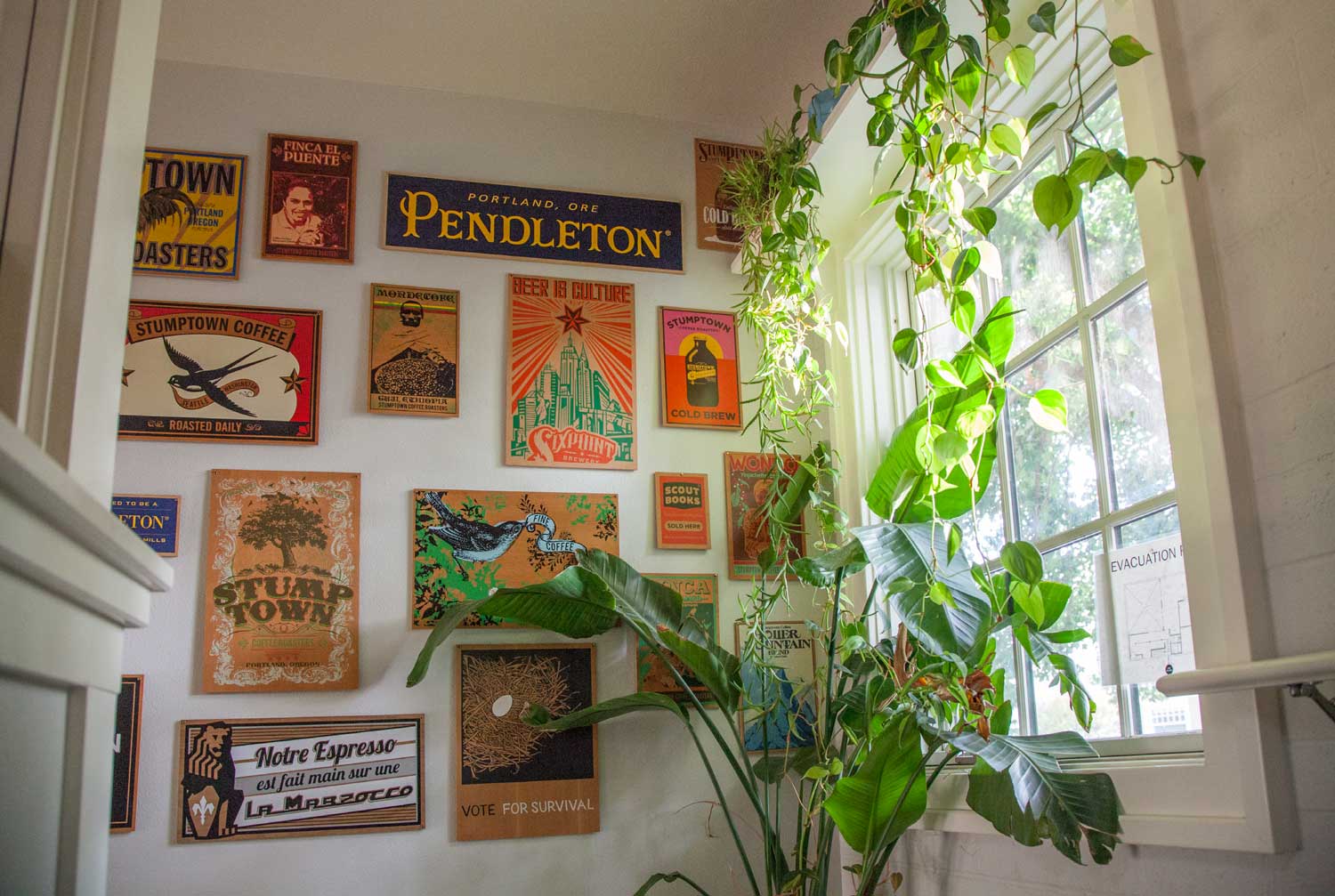From Kitchen to Acquisition: Scaling Schmidt's Naturals
Few makers openly acknowledge their desire to hit it big. To make that sale to an international company, or even to get picked up by the local co-op or boutique retailer. Once you acknowledge those goals and dreams, you have to brace for the fact that you might not accomplish them.
Eight years ago, Jaime Schmidt wasn’t ready to give a voice to her aspirations, either. She was making all-natural beauty products as a hobby to sell on the local farmers market circuit, and she never really considered selling her deodorants, sunscreens, and lotions to a larger market until her growing customer base suggested it. But once that seed was planted, she told those in attendance at Scout Books on August 23, she secretly knew she wanted Schmidt’s Naturals to be big.
In a very candid Q and A session, Schmidt told an audience of makers how she went from batching 10 or 20 deodorants on her kitchen stove to 20,000 in a state-of-the-art production facility, from the farmers market scene to national retailers like Target and WalMart, and—she now admits—from a dream to a reality, when Schmidt’s was sold to Unilever on New Years Eve.
One of the first questions posed to Schmidt was about her brand’s identity: Was it ever a maker brand, and is it still, in the wake of the sale to an international giant? Schmidt answered in the affirmative: “It always will be.” Part of what Unilever bought is the identity and the story behind Schmidt’s, something that other brands represented by the conglomerate (Dove, for example) could try to reverse engineer, but the authenticity of Schmidt’s DIY roots isn’t easily replicated, and Unilever seemed to recognize and value that.
Naturally, many in the audience wanted to know about scaling, too: How was Schmidt able to go from those small batches on the stovetop to keeping up with an international demand? Aside from the obvious—you can’t just multiply all the ingredients in a recipe by a thousand and assume it will turn out well—Schmidt also had to consider the sheer quantity of raw materials needed. And the money needed to procure those materials.
Support from her husband Chris Cantino, who was behind all the marketing at Schmidt’s, was crucial, according to Jaime. In the later years of the business, after Schmidt and Cantino had successfully scaled the company into international retail, Jaime made the decision to strategically partner with Michael Cammarata, who brought in connections that enabled the brand to further grow and reach a larger audience. And thank goodness for naivete, Schmidt says: Had she been a little less green and a little more rooted in the business world (rather than maker-minded), she might have deleted that “weird” email from Cammarata.
Finally, Portland Made’s Director, Jim Hassert, asked Schmidt if she had any advice for married business partners such as her and Cantino, an issue that resonates with many in our maker community. According to Schmidt, the key to maintaining both partnerships— in marriage and business—is recognizing and celebrating each other’s strengths, in knowing when to stay in your “lane” and when to jump in and help.
Schmidt stayed well after the structured portion of the evening to hear the stories of makers in the audience and to offer advice, a testament to her continued commitment and interest in the maker movement, even as she prepares for her next (to be announced soon) step.
__
Words by Katey Trnka
Photography by Sarah Toor







